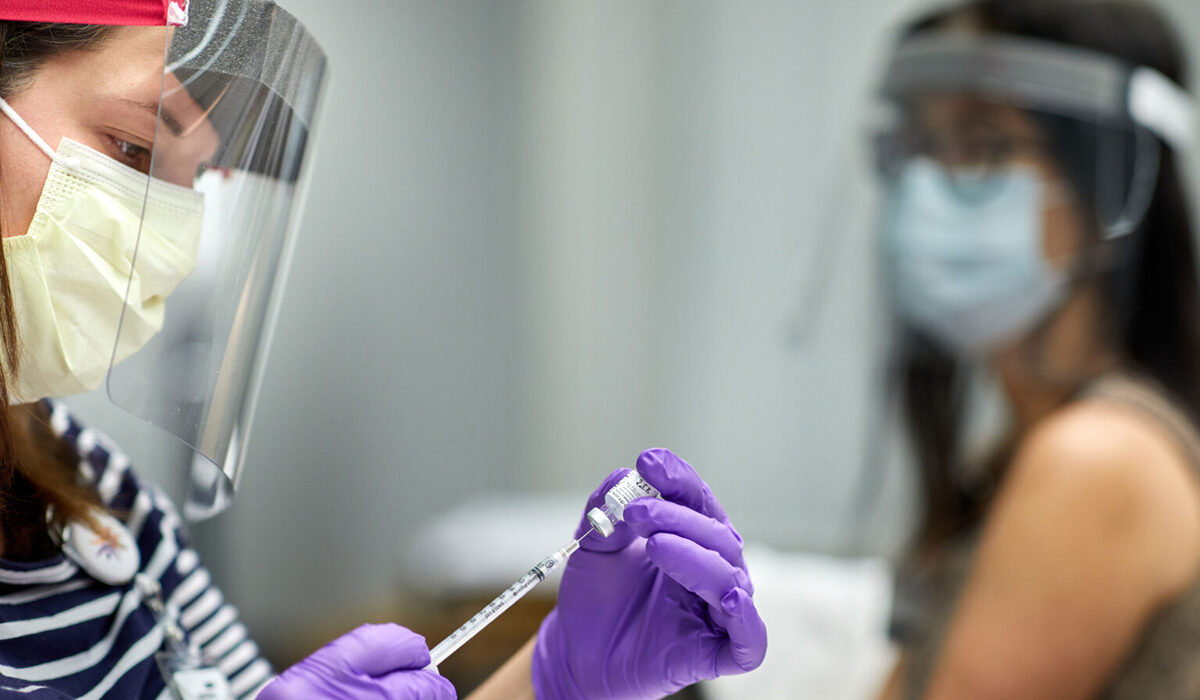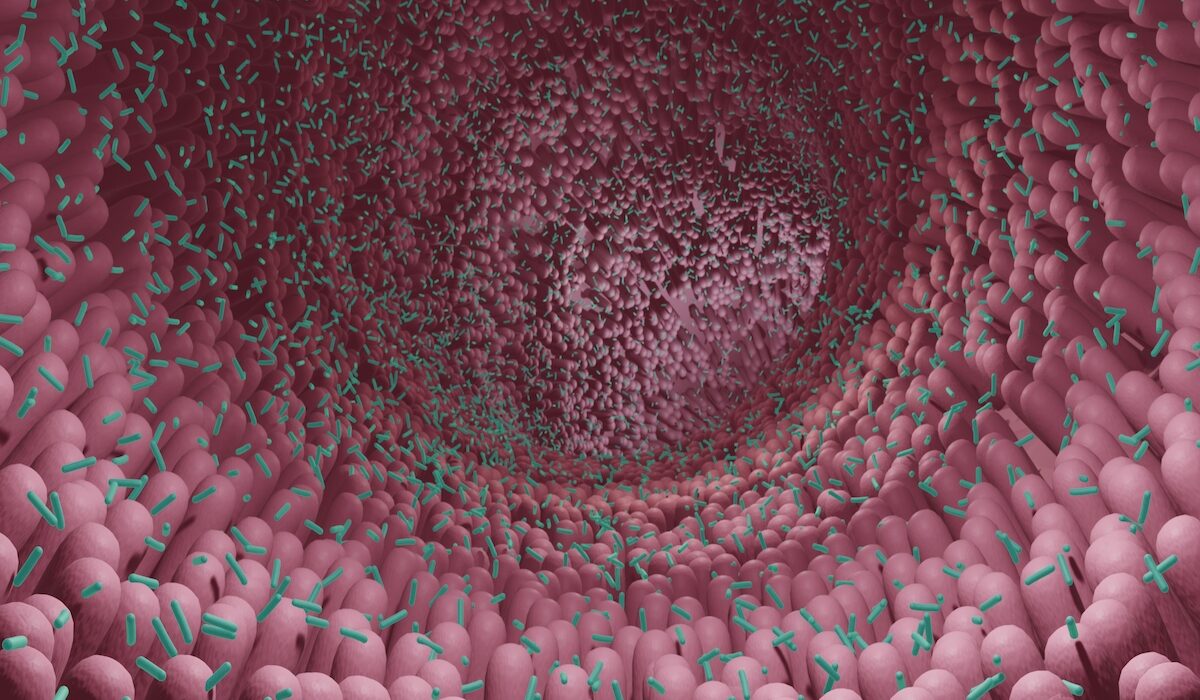2024-05-17 ワシントン大学セントルイス校
 Health-care workers received the first doses of the COVID-19 vaccine in December 2020. A study by researchers at Washington University School of Medicine in St. Louis has found that repeat vaccination with updated versions of the COVID-19 vaccine promotes the development of antibodies that neutralize a wide range of variants of the virus that causes COVID-19, as well as related coronaviruses. (Photo: Matt Miller/School of Medicine)
Health-care workers received the first doses of the COVID-19 vaccine in December 2020. A study by researchers at Washington University School of Medicine in St. Louis has found that repeat vaccination with updated versions of the COVID-19 vaccine promotes the development of antibodies that neutralize a wide range of variants of the virus that causes COVID-19, as well as related coronaviruses. (Photo: Matt Miller/School of Medicine)
◆ワシントン大学の研究によれば、SARS-CoV-2に対する以前の免疫は後のワクチン反応を阻害せず、広範囲の中和抗体の発展を促進します。定期的な再接種により、複数のSARS-CoV-2変異株や関連コロナウイルスに対する防御が強化される可能性があります。
<関連情報>
- https://source.wustl.edu/2024/05/repeat-covid-19-vaccinations-elicit-antibodies-that-neutralize-variants-other-viruses/
- https://www.nature.com/articles/s41586-024-07539-1
Wuhan-1 mRNAワクチンによる血清中和抗体の刷り込み Imprinting of serum neutralizing antibodies by Wuhan-1 mRNA vaccines
Chieh-Yu Liang,Saravanan Raju,Zhuoming Liu,Yuhao Li,Guha Asthagiri Arunkumar,James Brett Case,Suzanne M. Scheaffer,Seth J. Zost,Cory M. Acreman,Matthew Gagne,Shayne F. Andrew,Deborah Carolina Carvalho dos Anjos,Kathryn E. Foulds,Jason S. McLellan,James E. Crowe Jr.,Daniel C. Douek,Sean P. J. Whelan,Sayda M. Elbashir,Darin K. Edwards & Michael S. Diamond
Nature Published:15 May 2024
DOI:https://doi.org/10.1038/s41586-024-07539-1
We are providing an unedited version of this manuscript to give early access to its findings. Before final publication, the manuscript will undergo further editing. Please note there may be errors present which affect the content, and all legal disclaimers apply.
Abstract
Immune imprinting is a phenomenon in which prior antigenic experiences influence responses to subsequent infection or vaccination1,2. The effects of immune imprinting on serum antibody responses after boosting with variant-matched SARS-CoV-2 vaccines remain uncertain. Here, we characterized the serum antibody responses after mRNA vaccine boosting of mice and human clinical trial participants. In mice, a single dose of a preclinical version of mRNA-1273 vaccine encoding Wuhan-1 spike minimally imprinted serum responses elicited by Omicron boosters, enabling generation of type-specific antibodies. However, imprinting was observed in mice receiving an Omicron booster after two priming doses of mRNA-1273, an effect that was mitigated by a second booster dose of Omicron vaccine. In both SARS-CoV-2 infected or uninfected humans who received two Omicron-matched boosters after two or more doses of the prototype mRNA-1273 vaccine, spike-binding and neutralizing serum antibodies cross-reacted with Omicron variants as well as more distantly related sarbecoviruses. Because serum neutralizing responses against Omicron strains and other sarbecoviruses were abrogated after pre-clearing with Wuhan-1 spike protein, antibodies induced by XBB.1.5 boosting in humans focus on conserved epitopes targeted by the antecedent mRNA-1273 primary series. Thus, the antibody response to Omicron-based boosters in humans is imprinted by immunizations with historical mRNA-1273 vaccines, but this outcome may be beneficial as it drives expansion of cross-neutralizing antibodies that inhibit infection of emerging SARS-CoV-2 variants and distantly related sarbecoviruses.


